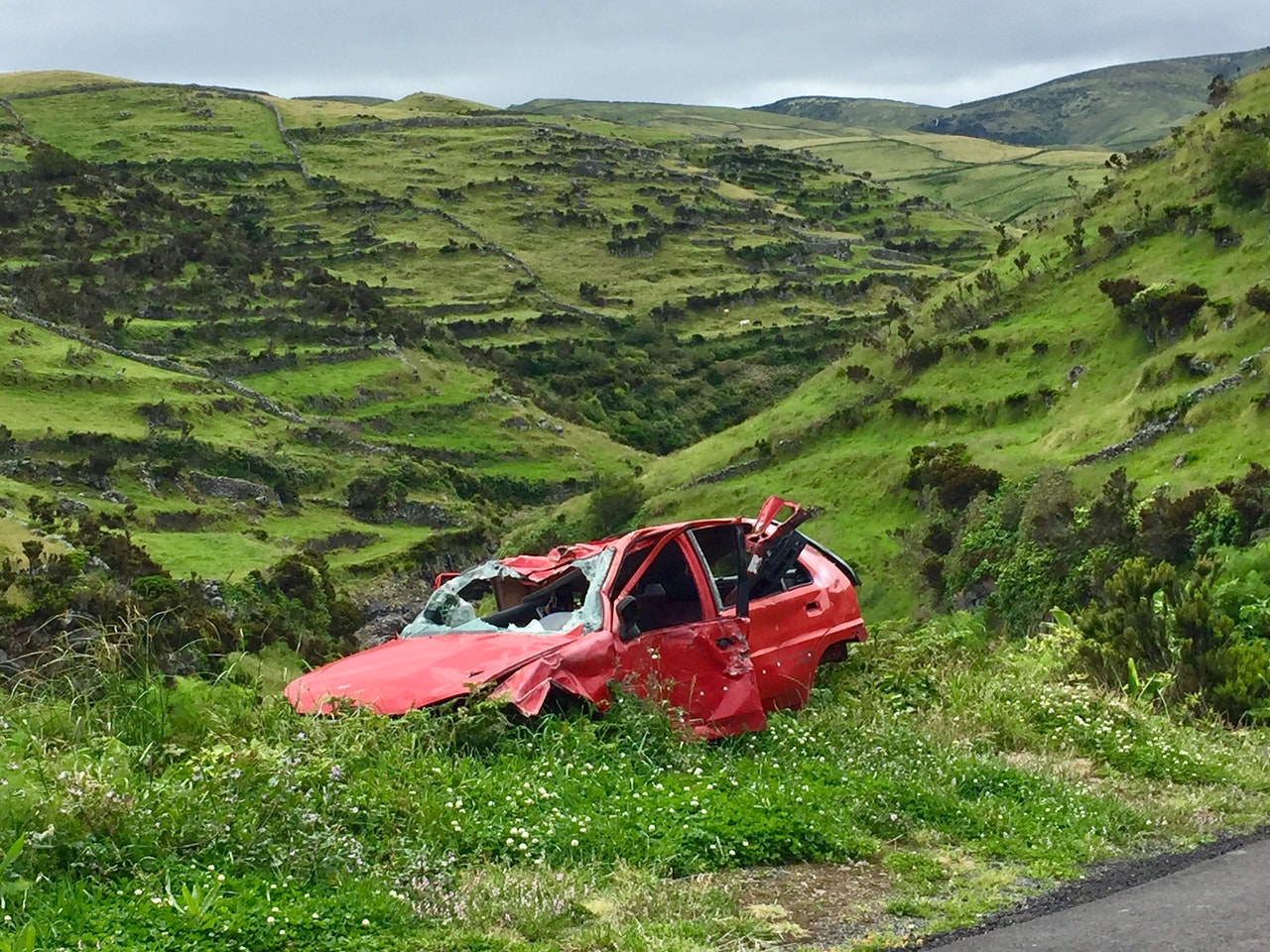Although many car accidents are not fatal, deaths create a very complex legal situation that can be very easy to mess up. Doing so may make your case harder to win if you lose a loved one in this accident. But if you follow these guidelines and do what is legally required, you can get full and fair compensation for your accident and suffering when losing someone.
Stay at the Accident Scene
No matter what you do after a severe car accident, never leave the scene. Doing so can have many legal effects. If you were the one who caused the accident, you will be committing a hit-and-run and leaving the scene of a death. This will seriously complicate your case and potentially worsen the charges brought against you, such as getting charged with murder instead of a manslaughter.
And if you are the victim of the accident and somebody else in your car has died, you should still stay at the scene. Doing so makes it simpler for police to assess the situation and makes it simpler for you or other injured people to get medical treatment. Sadly, it is too late to help the person who passed away but staying at the accident scene can ensure a more straightforward legal process.
Read next: How Long Does It Take to Settle a Personal Injury Claim?
Call the Police Right Away and Gather Evidence
After you have collected your thoughts, it is time to call the police. Even if you are mourning a friend or a loved one’s death, calling the police right away is crucial. All car accidents must be reported to the law, and when there is a death, this reporting is even more critical. Failure to do so could result in you experiencing legal troubles. Now, you need to collect evidence of what happened to help the police out in this situation.
Take photos of the crime scene, including damage to all the cars. It would help if you also took pictures of the injuries you and others have suffered, as well as the individual who was killed. This step may be challenging for you, but it helps ensure that you have as much information about the crash as possible. Next, talk to individuals in the area to get eye-witness testimony about what happened.
These individuals will be critical in civil and criminal lawsuits, as their testimony can often make the difference in these cases. They can describe precisely how the crash occurred, give details that may be hard to get otherwise, and recreate the scene as it happened for police once they arrive and for the court once a lawsuit starts. Often, these witnesses can verify what happened to ensure the defendant cannot argue that you were at fault.
Talk to The Police and Your Insurance
Once the police arrive, you need to talk to them and present your version of what happened during the crash. It is essential to be accurate, detailed, and honest when you describe the crash to the arriving officers. If the police catch you in a lie, they can report this information during a trial, and it may be used against your case. You need to discuss:
- What caused the accident
- How you were injured
- The death of anyone on the site
- Information that may also help with the case
After you are done talking to the police, you must then call your insurance company and report the crash. The death of someone in your car must legally be reported, or you could end up experiencing more issues. Once the police arrive and take over, they will help get vehicles removed, take care of injured individuals, and remove any bodies from the crime scene.
Read next: These Are the Main Types of Life Insurance
Prepare for a Lawsuit
Talk to your attorney about this case and show them the evidence that you have gathered. They can then help take over your case and do what is necessary. For instance, they can pursue a wrongful death claim in a civil lawsuit if a criminal cause is not available. These lawsuits will provide you with compensation for a loved one’s death and require a preponderance of evidence.
This term means that you must have more evidence than the defendant to win your case, differing from criminal lawsuits where even a slight doubt may make acquittal possible. You and your lawyer then need to get a personal liability examination by the court to examine the case. This examination gauges who likely caused the crash and helps assess blame to make a case easier to handle.
You must prove that the defendant owed a duty of care to the deceased individual during your case, one that they failed to provide, and which caused the individual’s death. All drivers have a duty of care to other drivers on the road, and causing a crash is a failure of that duty. Your lawyer will use the evidence that you gathered and other outside testimony to help prove these points.
Compensation will vary based on other factors, such as damage to your vehicle, injuries you may have experienced, and different types of elements. It may be necessary to pursue separate personal injury lawsuits after a wrongful death case, though this may depend on what your lawyer suggests.






